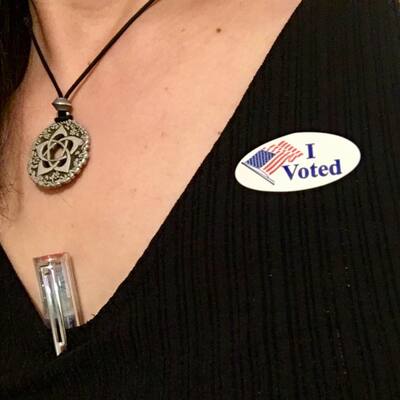I’ve talked a lot about Philippine English, and gave a few examples. Here’s another example, but before that some context.
Philippine English is a real and recognized variant of English in the same level as American, Australian, and British English. In fact, it is a combination of those 3 variants with influences from the 200+ Philippine languages and dialects.
It is not:
- Taglish / Englog (it’s code-mixing not a language)
- Singlish (although it is being discussed to recognize as an English variant on its own right)
- Kinglish / Konglish (it is actually a subset of the Korean language)
Now, for the latest example.
As mentioned previously, in Philippine English, all spellings are valid. You can mix British, Australian, and American spellings in a single sentence, and it’s fine.
That meant words like “color” and “colour” (both are common) mean the same thing. Or, “organisation” and “organization” (we use the latter more).
But there are some that took a life on its own. In a previous post, I mentioned how we use “center” vs “centre”. Today, let’s talk about “theatre” vs “theater”.
When we write “theatre”, we generally refer to stage plays in a theater. And a “theater” generally refers to the building/place where you watch something, like a theatre play or a movie.
It’s easier to follow than “center” vs “centre”, right?
- Theatre: a stage play; stage acting
- Theater: the building/place where you watch something
How about the pronunciation? The same. 😁 Although you’ll probably randomly hear some say it as “thea-tre” instead of “thea-ter”. It was influenced by the Spanish/Filipino word “teatro”. It’s not common, but you might hear it.
These two different usage of the two spellings is older than I am. By the time I was born (1982) it already is that way.
Two different spellings, the same pronunciation, but with different meanings.
Tags: #Philippines #Pilipinas #English #PhilippineEnglish #Wika #Language #Taglish #Englog
#pinoy
@[email protected] Thanks for talking about this. I’ve been saying the same thing for years. Philiipine English, South African English, Indian English, Irish English, and many others are valid dialects of English.

